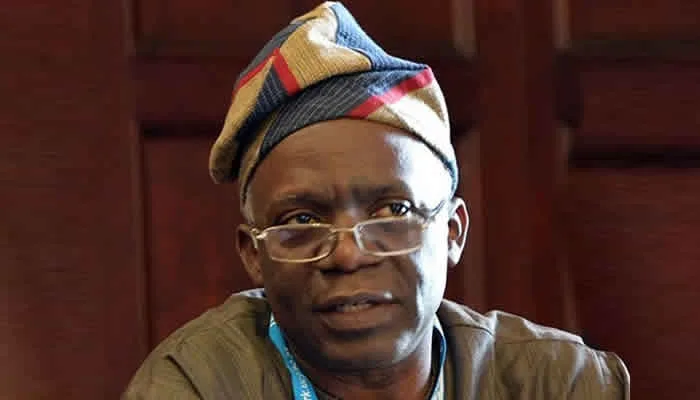Senior Advocate of Nigeria and prominent human rights lawyer, Femi Falana, has condemned a proposed bill seeking to make voting mandatory in Nigeria, describing it as a clear violation of constitutional rights.
The bill, sponsored by Speaker of the House of Representatives, Tajudeen Abbas, proposes a six-month jail term or a ₦100,000 fine for eligible voters who fail to participate in elections. Abbas argued that the measure aims to combat low voter turnout, promote civic responsibility, and shift voting from a personal choice to a legal obligation.
However, in a statement issued on Monday, Falana warned that the proposal is fundamentally flawed and contradicts several sections of the 1999 Constitution.
“I doubt that the Speaker and his colleagues paid sufficient attention to the relevant provisions of the Constitution. Otherwise, they would have realised that compulsory voting is constitutionally invalid in every material particular,” he stated.
Falana cited Sections 37, 38, 77(2), 135(5), and 178(5) of the Constitution, which protect the rights of Nigerians to privacy, freedom of thought and conscience, and voluntary participation in elections.
To support his argument, he referenced the landmark Supreme Court case Medical and Dental Practitioners Disciplinary Tribunal v. Okonkwo (2001) 7 NWLR (Pt. 711) 206. In that case, the court ruled in favour of a patient’s right to reject medical treatment—specifically, blood transfusion—on religious grounds, affirming the primacy of individual freedom over state-imposed mandates.
“The right to privacy implies a right to protect one’s thought, conscience or religious belief and practice from coercive and unjustified intrusion,” Falana quoted from the judgment delivered by the late Justice Emmanuel Ayoola.
“It includes a right not to be coerced into acting contrary to one’s religious belief.”
Falana also referenced a recent Supreme Court ruling that upheld the right of Muslim students to wear the hijab in public schools, emphasizing the judiciary’s consistent stance in defending individual liberties.
He warned that, beyond its constitutional infirmities, the bill is impractical and unenforceable, given the scale of potential noncompliance.
“It is practically impossible to prosecute millions of Nigerian voters who may choose to boycott national and local elections,” he said.
Falana called on the House of Representatives to withdraw the bill and instead focus on electoral reforms that would meaningfully improve Nigeria’s democratic process.
As an alternative, he recommended implementing key proposals from the Uwais Electoral Reform Panel, including: unbundling the Independent National Electoral Commission (INEC), introducing proportional representation, ensuring the resolution of election petitions before inauguration, and establishing an electoral offences commission.
“These reforms will strengthen democratic participation far more effectively than coercive legislation,” he concluded.


